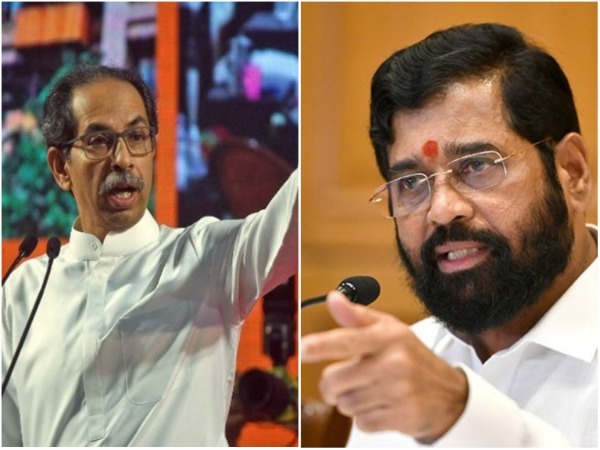


10 May, India : On Thursday, the Supreme Court is expected to rule on a number of cases related to the political crisis in Maharashtra that were brought by the opposing factions of Uddhav Thackeray and Chief Minister Eknath Shinde.
A five-judge Constitution panel led by Chief Justice of India DY Chandrachud will issue the ruling. On Wednesday, Chief Justice Chandrachud announced, “We are going to be delivering two judgements tomorrow.”
The matter pertaining to the Maharashtra political crisis was being handled by the five-judge Constitutional bench, which was composed of Chief Justice DY Chandrachud, Justices MR Shah, Krishna Murari, Hima Kohli, and PS Narasimha.
After all parties had finished arguing, the court had earlier put the order on hold.
After all parties had finished arguing, the court had earlier put the order on hold. A prior, ongoing sub judice challenge to the Maharashtra Governor’s illegal act was made, according to the attorney representing the Uddhav Thackeray camp, before the trust vote.
Senior attorney Kapil Sibal, who was representing the Uddhav Thackeray side, stated that in the connection between the legislature and political parties, political parties have priority.
The Constitution, according to Kapil Sibal, does not acknowledge any faction, whether it is a majority or a minority. Sibal added that the disagreement occurred outside the House rather than inside.
The governor cannot look at the number of members who indicate they wish to resign their support, CJI Chandrachud had questioned the lawyer for the Uddhav Thackeray faction.
The strength of the House may be impacted by a group that did not support the previous administration and may be disqualified, according to CJI.
When the Constitution’s tenth schedule wasn’t present, Kapil Sibal retorted, this practised. He asserted that since calling for a trust vote is predicated on alliances, the governor cannot do so based on a faction. He said that several members had abruptly decided to stop supporting.
The high court had stated during the hearing that the Shinde camp did not have a merger option because it was not their case and a merger may result in them losing their political identity.
The Supreme Court’s Constitution bench earlier said it would decide later on referring the cases related to the Maharashtra political crisis to a larger seven-judge bench for reconsideration of a 2016 Nabam Rebia judgment on powers of Assembly Speakers to deal with disqualification pleas.
Senior solicitors including Harish Salve, NK Kaul, and Mahesh Jethmalani for the Shinde camp and Kapil Sibal, AM Singhvi, and others presented witnesses and arguments throughout the hearing, which lasted for over nine days.
The Maharashtra Governor was represented by Solicitor General Tushar Mehta, who also informed the court of the governor’s decision to order a floor test after a rival camp announced its decision to stop supporting the Uddhav Thackeray-led administration in a letter.
The court stated during the hearing that the governor should not intervene in any situation that could lead to the overthrow of a government and described the political turmoil in Maharashtra as a major threat to democracy.